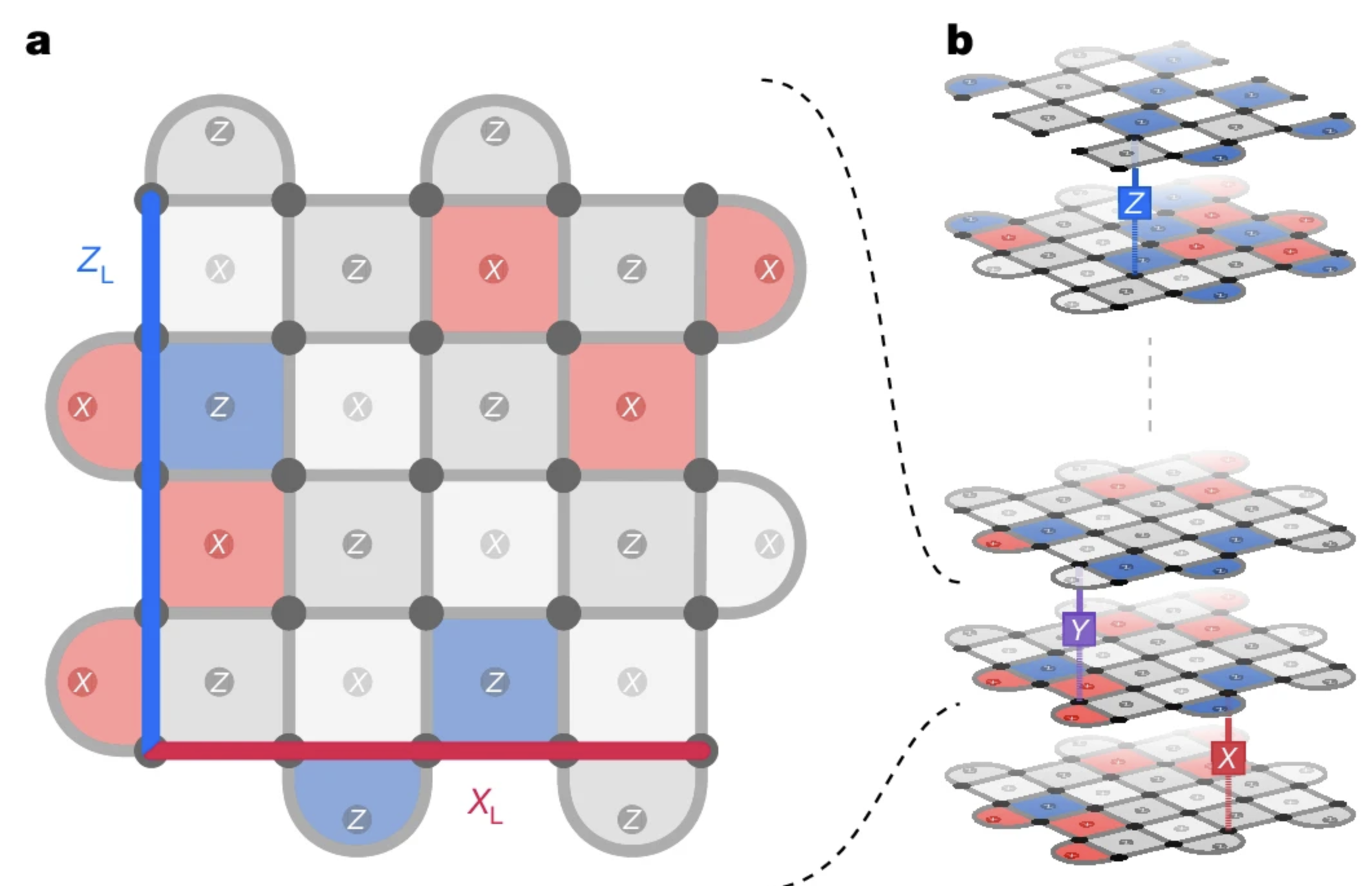North Korea tells officials that 350,000 people died of diseases this year
Many of the deaths are likely related to COVID-19, sowing doubt about officially reported figures.

North Korean officials have been told that more than 350,000 people in the country died of illnesses over the past year, many likely related to COVID-19, sources told RFA, as authorities began a new vaccination campaign on the country’s border with China more than a month after declaring victory over the coronavirus.
Attendees of a training session for government officials were surprised by the number of suspected deaths from COVID, and also from diseases like the flu, tuberculosis and from waterborne pathogens, a government official from South Pyongan province, north of the capital Pyongyang, told RFA’s Korean Service.
“At the meeting, the issue of continuing the quarantine measures to prevent the spread of an infectious disease was repeatedly emphasized because deaths from COVID-19 are suspected to account for the majority of the 350,000 deaths,” the source said, speaking on condition of anonymity for security reasons.
“I can tell from my surrounding area that many people have died from sickness this year,” he said. “A friend of mine on the provincial People's Committee died a few days after suffering from a high fever and sore throat. Another friend's parents also died, and this friend assumes that his parents died of COVID-19.”
RFA was not able to confirm the death total, but if it is accurate, the number of COVID-related deaths is far higher than the government has publicly stated. For the first two years of the pandemic, Pyongyang claimed to be completely “virus free.”
North Korea finally acknowledged the virus was spreading within its borders in May, when it declared a national “maximum emergency” due to a major outbreak of the disease that it traced back to a military parade the previous month.
North Korea reported during the emergency that 4.7 million people had developed so-called “fever cases,” with state media reporting 74 related deaths. The government declared an end to the emergency on Aug. 10.
These figures were never officially confirmed to be COVID-19 related, likely because of a lack of testing capabilities.
The actual death toll is probably between 100,000 and 170,000, according to a journal article penned by Shin Young-jeon, a South Korean preventative medicine expert at Hanyang University in Seoul.
Prior to the emergency, anyone who died of symptoms suspected to be related to COVID-19 were hastily cremated and buried, making a confirmation of the disease impossible, sources said.
Even as more information emerges about the number of North Koreans who died in the past year, authorities are still threatening to punish citizens who “spread rumors” about COVID’s impact, an official from Onsong county in the northeastern province of North Hamgyong told RFA on condition of anonymity to speak freely.
“Last week the Central Committee [of the Korean Workers’ Party] delivered an emergency order … to take measures to prevent the spread of words that disturb the public mind,” said the second source. “There have been stories circulating among residents that more than 350,000 people have died of sickness this year.
“The State Security Department and the Social Security Department, as well as party and labor organizations, have stepped up their propaganda efforts and started cracking down on residents for believing or spreading false rumors,” he said. “But the citizens find it more believable that it is not a rumor and that the government actually did announce a high death toll during official meetings.”
The second source said that publicly authorities still stick to the official line that only around 70 people died during the national emergency.
“Many of the residents are devastated by the fact that hundreds of thousands of people may have actually died from COVID-19,” he said.
Vaccine campaign
Although the COVID emergency has been officially over for more than a month, the country began to inoculate people in Ryanggang province last week, marking the first time that COVID vaccines have been made available to people living along the border with China, sources there told RFA.
In May, RFA reported that authorities had made a propaganda event out of vaccinating soldiers who were involved in a major national construction project in the capital Pyongyang, calling the Chinese-made vaccine an “immortal potion of love,” from leader Kim Jong Un.
Authorities later began vaccinating citizens of North Korea’s capital, Pyongyang, in July, but now residents of the border city of Hyesan can also get the vaccine, a Ryanggang resident told RFA.
“Authorities have already declared that the coronavirus has ended, so the people don’t know why they are vaccinating us now,” the third source said.
The vaccine is distributed through neighborhood watch units and schools, another resident of the province told RFA.
“Residents, who were terrified of dying from colds or pneumonia, feel fortunate that they can get vaccinated even if it's this late in the game,” the fourth source said. “When I asked the medical staff, they said the vaccine was made in China.
“In July, Pyongyang citizens were vaccinated. This must have been a measure to prevent the spread of the coronavirus in advance of major national events such as the National Conference of War Veterans, held on the Day of Victory in the Great Fatherland Liberation War on July 27,” the fourth source said, using the North Korean term to describe the anniversary of the armistice agreement that ended hostilities in the 1950-53 Korean War, in what most historians consider to be a stalemate.
South Korea’s National Intelligence Service on Tuesday reported to the National Assembly that North Korea started a large-scale vaccination campaign in the border area.
Translated by Claire Shinyoung Oh Lee and Leejin J. Chung.












